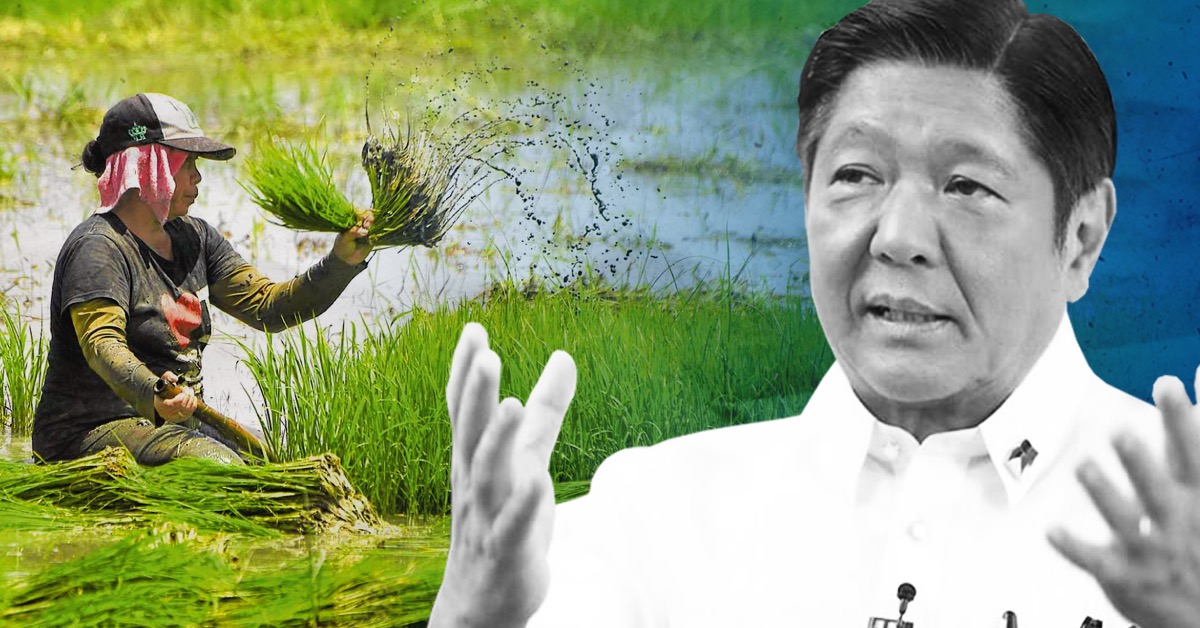Increasing agricultural production in a country noted for being one of the world’s largest importers of rice, the country’s national food, will be among his major goals, Marcos said during a press conference. President-elect Ferdinand Marcos appointed himself agriculture minister on Monday, citing the pressing need to solve sector difficulties and enhance productivity to avoid food shortages and price rises.

Food price rises have become even more important for the Southeast Asian country as it fights inflation, which hit its highest level in more than three years in May.

“From the very beginning, I have always said that agriculture is going to be a critical and foundational part of our economic development or economic transformation as we anticipate the post pandemic economy.” he stated.
- Marcos to prioritize boosting output
- Agriculture sector seen facing ‘severe’ problems
- Cabinet role unusual for a president
- Philippines dependent on imports of rice, its staple
Though not uncommon, a Philippine president serving in their own government is unusual.
During his election campaign, Marcos stated that lowering the price of rice by much more than half to 20 pesos ($0.3704) per kilogram was his “aspiration.”
Marcos, who was elected in a landslide and will be sworn in on June 30, warned of a food crisis, which will drive up prices in the next few quarters due to “outside forces.”
A food security problem worsened by the Ukraine war has frightened world authorities, including the United Nations. Antonio Guterres, Secretary-General

“The problem is severe enough that I have decided to take on the portfolio of secretary of agriculture at least for now, and until at least we can organize the department.” he added.
According to Rolando Dy, agriculture economist and executive director of the University of Asia and the Pacific’s Center for Food and Agribusiness, lowering local rice costs to 20 pesos per kg is “impossible.”
“He has to rely on good advisers. He has to appoint competent undersecretaries for operations and high value crops,” Dy added.

No comments:
Post a Comment